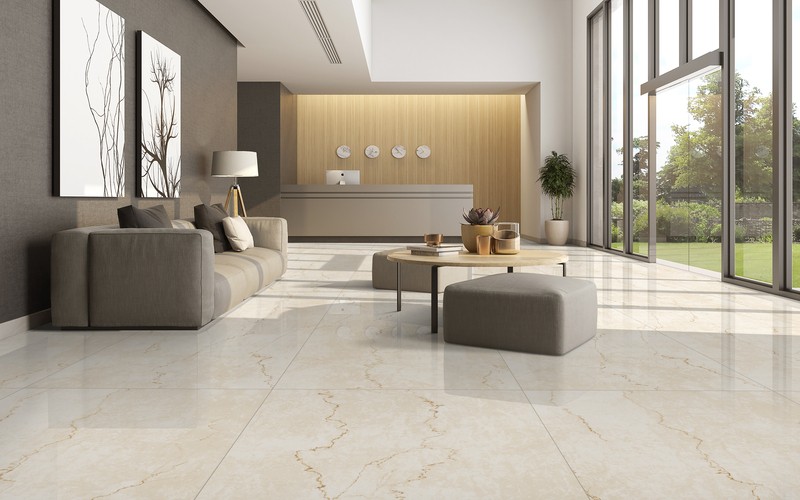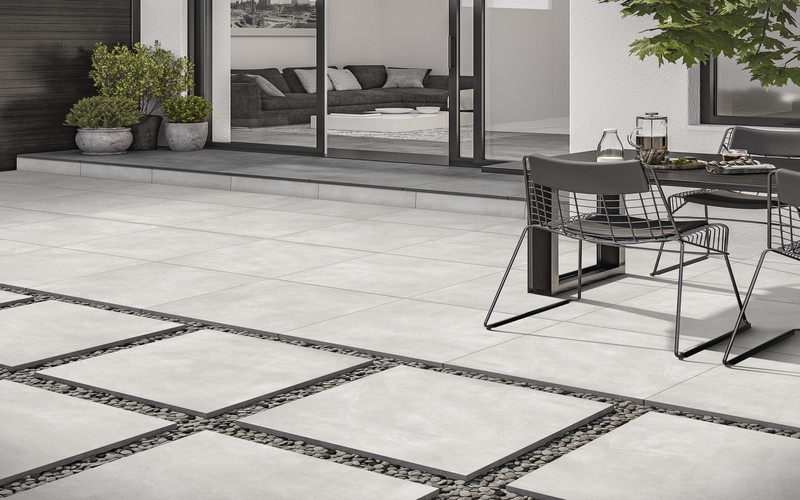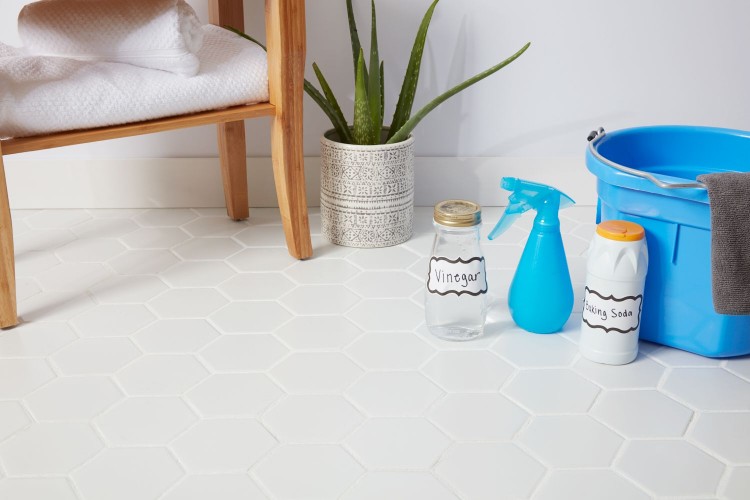What are the components of floor tiles?
- News
- 14 Aug 2023

Floor tiles are typically composed of several components that work together to create a durable, attractive, and functional surface. The exact composition can vary based on the type of tile, its intended use, and the manufacturer, but here are the common components:
-
Body/Core: The main body of the tile is often made from clay, ceramic, porcelain, natural stone, or other materials. This component provides the structural integrity and contributes to the tile's overall appearance.
-
Glaze: Glaze is a layer of liquid glass that is applied to the surface of the tile. It serves multiple purposes, including adding color, texture, and a protective layer. Glazing can create glossy, matte, or textured finishes and can enhance the tile's resistance to stains, water, and wear.
-
Colorants and Pigments: These are added to the tile's body or glaze to achieve the desired color and pattern. They can be natural minerals, oxides, or synthetic compounds that withstand high temperatures during the firing process.
-
Fillers: To achieve specific properties or reduce costs, manufacturers may add fillers such as feldspar, quartz, or other materials to the tile's body.
-
Additives: Various additives can be included to improve the tile's characteristics, such as strength, flexibility, and resistance to chemicals. Examples include plasticizers, binders, and stabilizers.
-
Backing or Support Layer: In some cases, floor tiles may have a backing or support layer. This is common in certain types of tiles, like vinyl or laminate tiles, where a layer of backing material provides stability and additional features like cushioning, moisture resistance, or ease of installation.
-
Adhesive: For tiles that require adhesion to the floor, an adhesive or mortar is used to attach the tile to the substrate. The adhesive composition can vary based on factors like the type of tile, the substrate, and the installation method.
-
Grout: Grout is the material that fills the gaps or joints between tiles. It can be a cement-based or epoxy-based mixture that provides stability, prevents water intrusion, and enhances the overall appearance of the tiled surface.
-
Sealers: Some types of tiles, such as natural stone tiles, may benefit from the application of sealers. Sealers help to protect the tiles from stains, moisture, and other potential damage, while also enhancing their natural color and texture.
It's important to note that different types of floor tiles (ceramic, porcelain, natural stone, vinyl, etc.) may have varying compositions and characteristics. Always refer to manufacturer specifications and guidelines for the specific type of tile you are working with to ensure proper installation and maintenance.
- porcelain tiles exporter
- ceramic tiles exporter
- gvt tiles manufacturer
- porcelain tiles manufacturer
- porcelain tiles exporter













